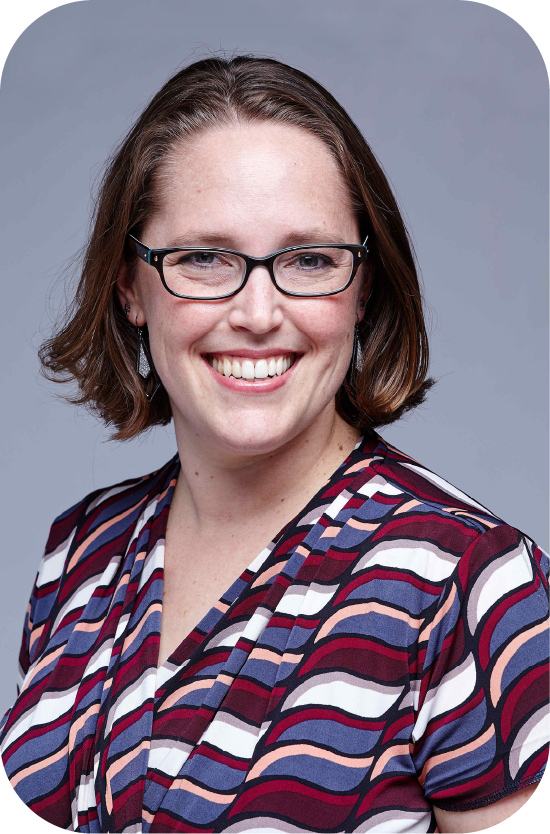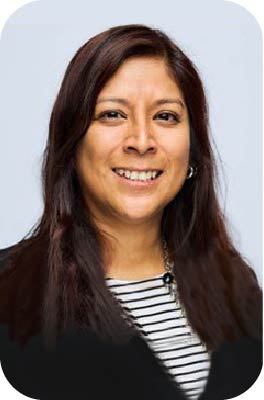More is learned every day about how cancer risk is affected by family history and inherited factors. Some families have hereditary cancer that can be identified with genetic testing.
Roughly five to ten percent of cancers are hereditary and develop due to a gene mutation that has been passed down in the family. As a result, people who inherit a mutation from their mother or father are at a higher risk to develop certain cancers.
Understanding your genetic risk factors
People who have a hereditary cancer syndrome have an increased risk for certain cancers and/or to develop second primary cancers. Other family members are also at risk to have the same mutation. In addition, you may have an increased risk for cancer if you or a family member has a history of:
- Adult cancer diagnosed under the age of 50.
- More than one type of cancer in the same person.
- Two or more relatives with the same type of cancer.
- Male breast cancer.
- Breast and ovarian cancer in close family members.
- Colon and uterine cancer in close family members.
- Breast or ovarian cancer and a Jewish background.
- More than 10 colon and/or rectal polyps in total (not necessarily found all at once).





